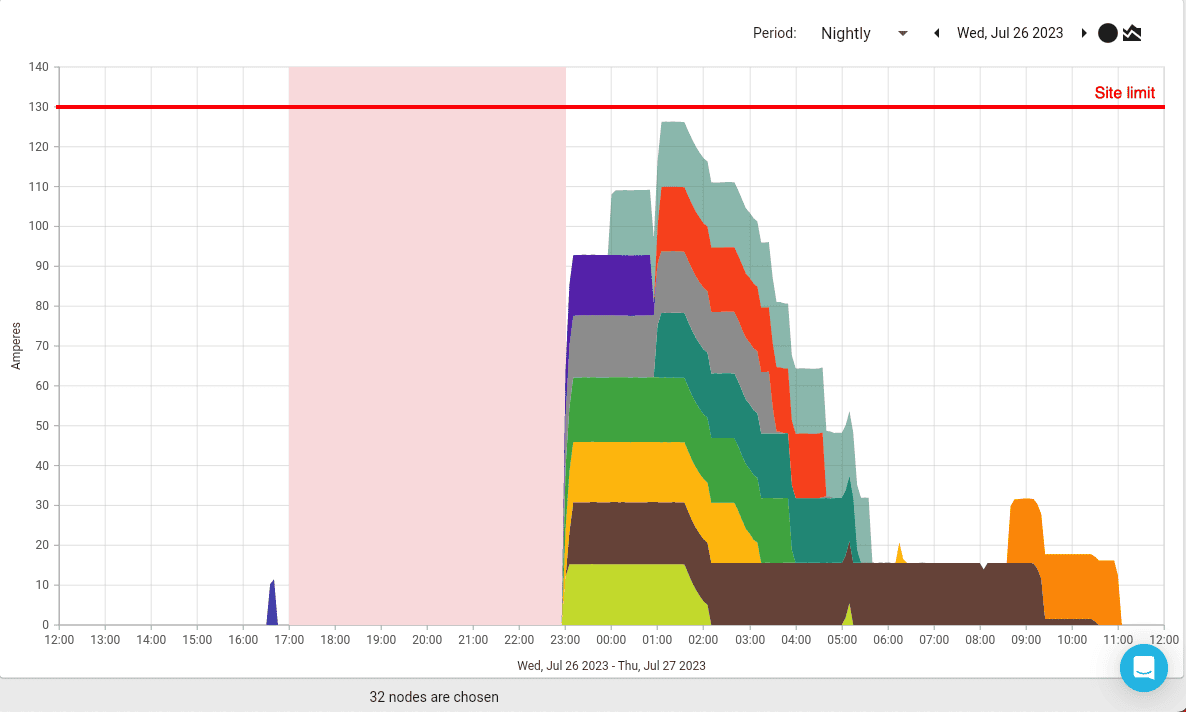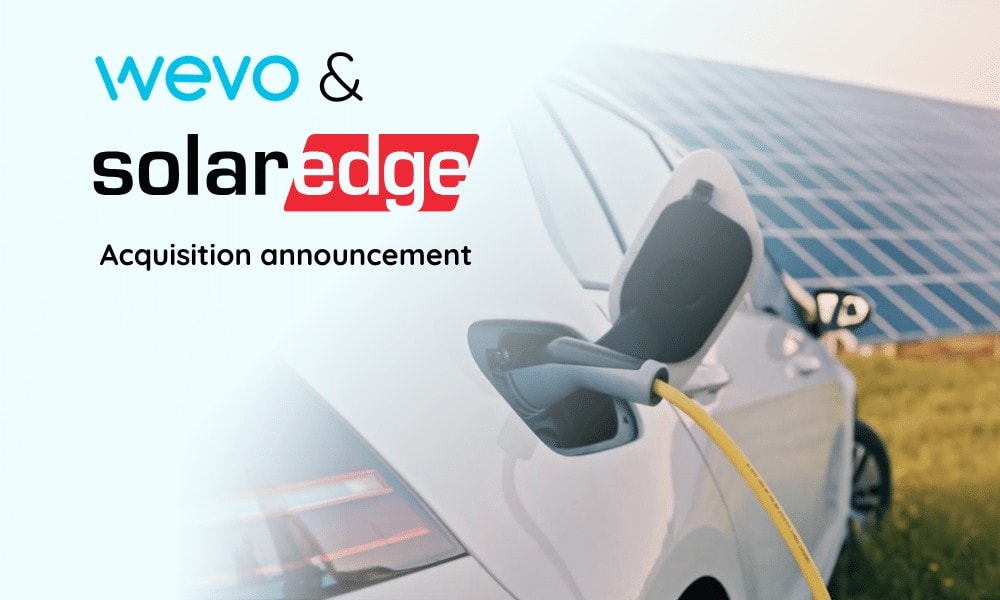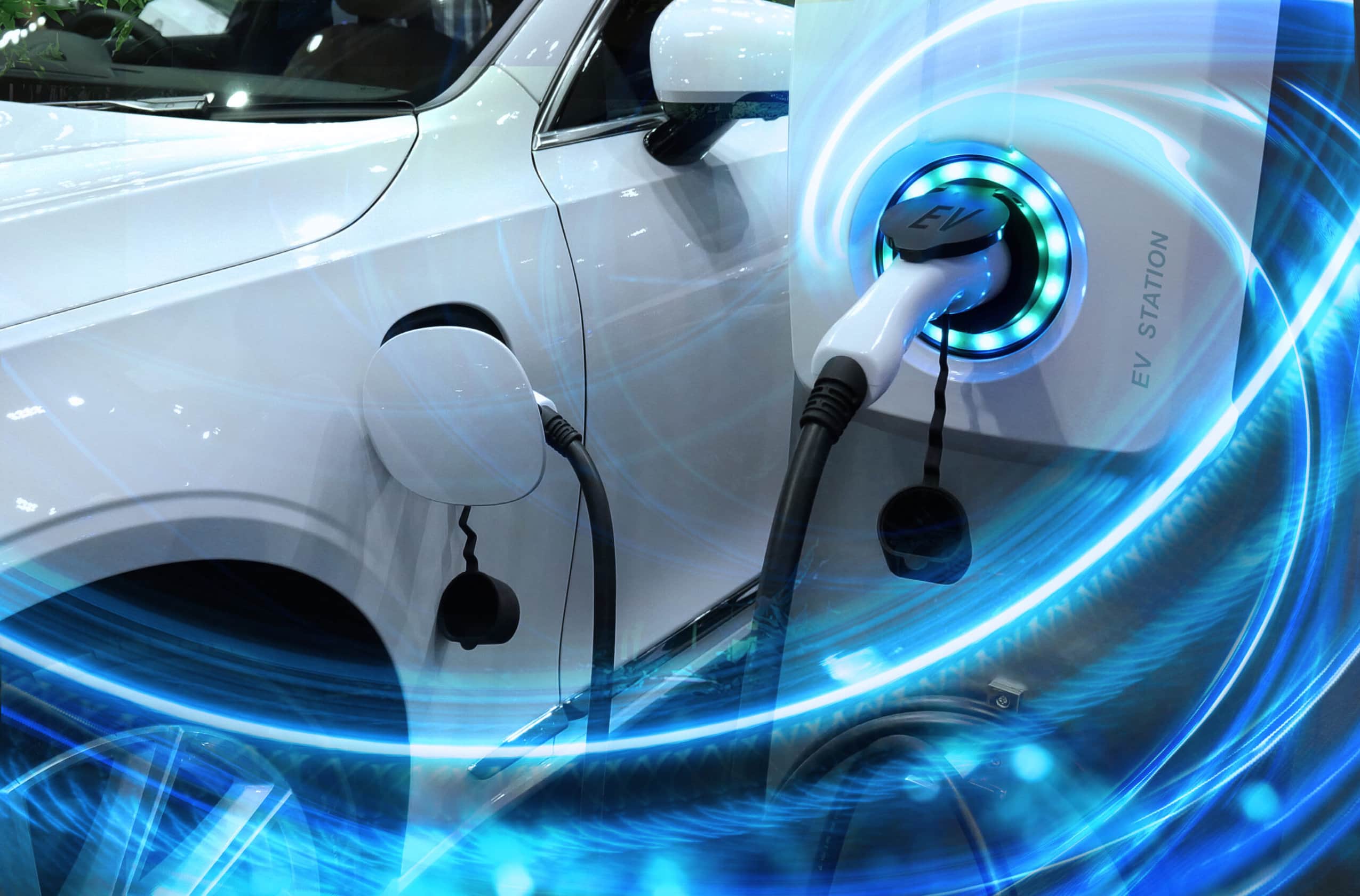Electric vehicle (EV) smart charging uses advanced technologies to optimize the charging process for electric cars. It involves the timing and speed of EV charging to maximize efficiency and minimize electric grid impact.
Goals of smart charging
EV smart charging helps optimize the charging process to minimize the impact on the electric grid. This is important because electric vehicles can place significant demands on the grid, particularly during periods of high demand. Many technologies and techniques can be used to manage the charging process to reduce strain on the grid while still ensuring that electric vehicles are charged promptly and efficiently.
Components of smart charging
There are several key components to consider:
- Smart chargers: These charging stations use advanced capabilities for managing the charging process. Smart chargers can communicate with the electric vehicle and the electric grid to optimize charging based on factors such as the availability of renewable energy, grid capacity, and the vehicle’s charging needs.
- Smart energy management refers to using advanced technologies and techniques to optimize energy use within a given system. In the context of EV smart charging, this might involve using renewable energy sources, such as solar or wind power, to charge the electric vehicles or using advanced algorithms to optimize the charging process based on real-time data.
- Charging technologies: Several different technologies can be used to support EV smart charging. These might include advanced algorithms for optimizing the charging process, advanced energy storage systems, and intelligent power management systems that can adjust the charging rate based on renewable energy or grid capacity availability.
How do drivers benefit from smart charging?
There are several ways in which drivers of electric vehicles (EVs) can benefit from this technology:
- Lower electricity costs: Smart chargers can charge EVs during off-peak periods when electricity rates are generally lower. This can help to reduce the overall cost of charging the vehicle.
- Increased convenience: Chargers can activate at specific times or when the battery reaches a certain level. This can make the charging process more convenient for drivers.
- Improved battery life: Smart chargers can use advanced algorithms to optimize the charging process based on the needs of the battery. This can help extend the battery’s life and reduce the need for costly replacements.
- Reduced impact on the electric grid: By charging EVs during off-peak periods and using renewable energy sources, this technology can help reduce the strain on the electric grid and minimize the impact of EVs on the grid.
The image below shows a real site managed by the Wevo Energy platform. The site has a three-phase 130A limit and more than 30 vehicles charging nightly. This specific location has peak-energy prices between 17:00-23:00. It can be seen that the system uses EV smart charging to delay all charging events to 23:00 to ensure the lowest cost of energy usage. Further, the system load balances the energy provided to the chargers to ensure it does not exceed the building capacity.

Wevo Energy is a leading provider of software solutions for smart EV charging. We provide a software platform that supports every scenario: apartment complexes, workplaces, fleets, destination, and public charging.


